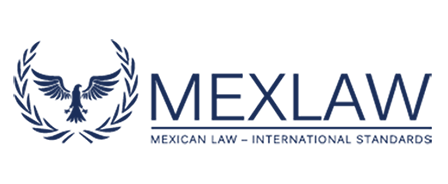Navigating Changes in Canadian Document Authentication Services

Navigating Changes in Canadian Document Authentication Services
For Canadians engaging in business abroad, particularly in countries like Mexico, where precise documentation is paramount, understanding recent changes to document authentication services in Canada is essential. Effective January 11, 2024, significant changes have occurred in how you request your document authentication.
The Apostille Convention: Streamlining Authentication
With the ratification of the Apostille Convention in Canada, authenticated documents now have a standardized certificate known as an apostille. This certificate streamlines the process of document acceptance in over 120 signatory countries, including Mexico, removing the need for further legalization by consular offices (Canada, 2024). This simplification marks a significant step forward, especially for Canadians navigating international transactions.
Restructuring Authentication Services
Previously, Global Affairs Canada handled authentication of documents across Canada. However, since January 11, 2024, provincial authorities have assumed exclusive responsibility for authentication and apostille issuance for documents originating or notarized in their respective provinces (Canada, 2024). Global Affairs Canada continues to authenticate federal documents and those from specific provinces and territories.
Documents Handled by Global Affairs Canada
Certain documents, such as those issued by the Government of Canada and those notarized in specific provinces and territories (Manitoba, New Brunswick, Newfoundland and Labrador, the Northwest Territories, Nova Scotia, Nunavut, Prince Edward Island, Yukon), are still processed by Global Affairs Canada.
Provincial Competent Authorities
Provinces like Alberta, British Columbia, Ontario, Quebec, and Saskatchewan now manage authentication for documents originating or notarized within their jurisdictions. Depending on where the document was notarized, it must be submitted to the respective province’s competent authority for authentication.
Handling Previously Submitted Documents
Documents submitted for authentication before January 11, 2024, continue to be processed. However, applicants have the option to withdraw their documents for provincial authentication if needed.
Authentication Abroad
Canadian embassies, high commissions, and consulates abroad may also offer authentication services, depending on their jurisdiction. However, it’s essential to verify directly with the respective office, as authentication services may vary.
Looking Ahead
These changes signify a significant overhaul in Canada’s document authentication process, aimed at enhancing efficiency and international cooperation. For Canadian citizens conducting business globally, understanding these adjustments is vital for seamless transactions and compliance with international regulations.
Whether for business ventures in Mexico or other international endeavors, staying informed ensures smooth document transactions, fostering stronger international relations and business partnerships.
For additional information and more specifics, please visit The Government of Canada Website.
Resource:
Canada, G. A. (2024, March 22). Changes to authentication services in Canada. GAC. https://www.international.gc.ca/gac-amc/about-a_propos/services/authentication-authentification

